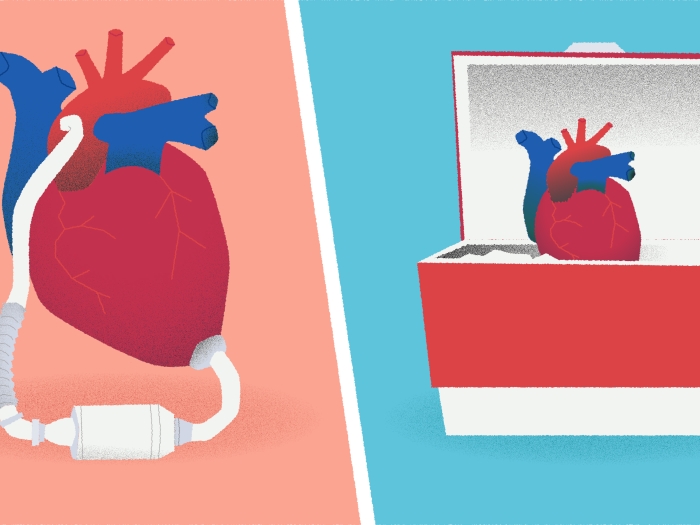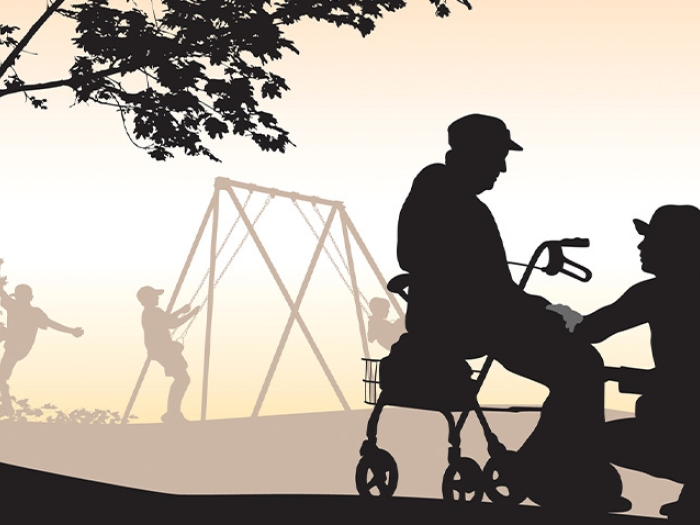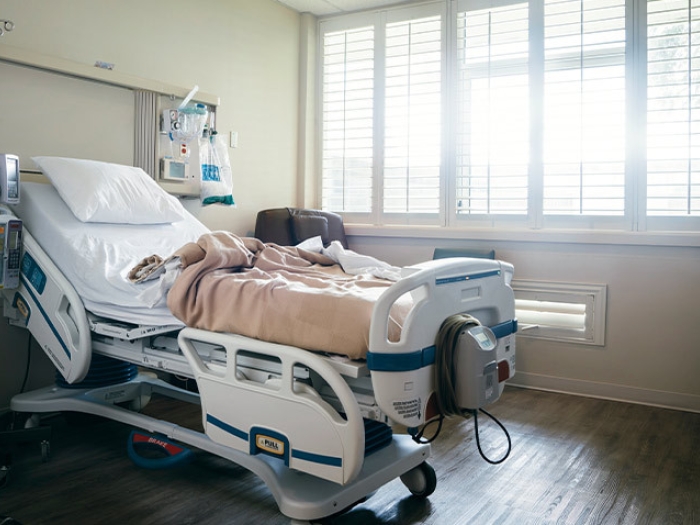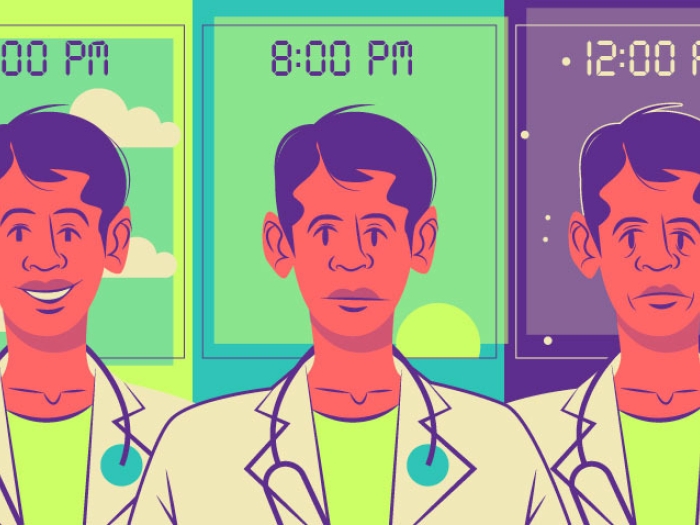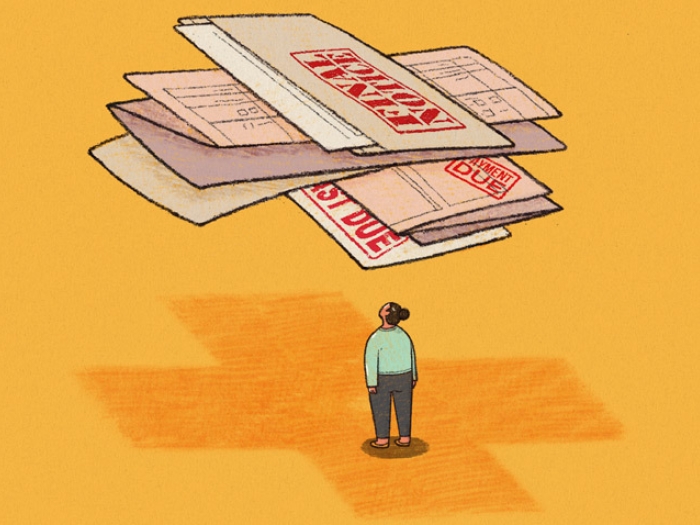From Medicare drug costs to health insurance for the newly jobless, a wide range of programs could be upheld or overturned.
11:19 AM
Author |
Though the election and pandemic have eclipsed it in the news, there's another event unfolding this month that could affect nearly all Americans: a Supreme Court case that will decide the future of the Affordable Care Act.
On Tuesday, Nov. 10, lawyers will argue before the court's nine justices that the ACA should be overturned or upheld, in a case called California v. Texas. The ACA has been law for 10 years, and has had far-reaching effects on nearly every aspect of American health care, research has shown.
SEE ALSO: The ACA Turns 10 and Faces a Pandemic, an Election and a Supreme Court Case
The case hinges on an arcane bit of law, and the court may not rule until spring. Depending on the outcome of the election for the U.S. Senate, there may also be a chance for a "fix" that could make a ruling against the ACA moot.
No matter what the ultimate outcome, the case matters to nearly every American, says a University of Michigan primary care physician and health policy researcher.
In the brief video above, Renuka Tipirneni, M.D., M.Sc., explains those potential effects in a nutshell.
MORE FROM THE LAB: Subscribe to our weekly newsletter
She's a general internist at Michigan Medicine and member of the U-M Institute for Healthcare Policy and Innovation, home to hundreds of researchers who measure and report on the effects of the ACA's major programs.
Tipirneni helps lead a team that has focused on evaluating the effects of the Healthy Michigan Plan, an expansion of Medicaid under the ACA that covers more than 800,000 low-income adults in Michigan.
SEE ALSO: Done with 2020? Think 2021. Sign Up for Health Insurance Now
Here are the key ACA provisions and programs she mentions, all or most of which could be affected by an overturning of the law:
-
Protection for people with pre-existing health conditions: Before the ACA became law, health insurance companies could deny coverage to people with certain health conditions, or charge them higher rates for coverage, which often made it unaffordable. Although this did not apply to people with job-related insurance, whose right to be covered at equal rates is protected under another law, the ACA's provision means many people with health conditions can buy affordable insurance individually, including if they leave or lose their job. Tipirneni says about 150 million people could be affected by the loss of this provision.
-
Health insurance coverage programs: In addition to making it possible for states to expand Medicaid to more low-income adults, the ACA created a marketplace at healthcare.gov where individuals can buy their own coverage, and allows parents to cover their grown children on their insurance plan up to age 26. All of these programs, which together cover tens of millions of Americans, could end if the ACA is overturned. Loss of health insurance by many or all of these individuals could lead to worse health, according to many research studies done before and after the ACA became law.
-
Medicare drug costs: The ACA provided for the "doughnut hole" of drug costs for older Americans, and those with serious disabilities, to be closed. That hole was created by the previous health policy that created the Part D prescription drug benefit to address high drug costs previously paid by Medicare enrollees. Before the ACA closed the hole, people had to pay the remaining cost of their medications after Medicare paid for a certain amount, though coverage would resume after they reached a high amount of spending. An overturning of the ACA would mean higher drug costs for many Medicare participants.
-
Preventive health care costs: The ACA provides for all insured Americans to receive certain preventive services without having to pay out of pocket in the form of co-pays or other cost sharing. From vaccines to mammograms, this provision is designed to keep cost from being a barrier to Americans' getting the kinds of care that have been proven to spot health problems earlier or prevent costly problems later. If the ACA is overturned, those up-front costs will return, and as U-M researchers have shown, health dollars won't be spent as wisely.
-
Worsened health disparities: A general effect of the ACA, Tipirneni says, has been to reduce differences in health care and health outcomes among people of different racial and ethnic backgrounds, incomes and education levels. Although Americans from disadvantaged backgrounds still face many inequalities in health and care, as U-M researchers have shown, a reversal of the ACA could reverse the progress that has been made in recent years.
In addition to the effects on individuals from the loss of these provisions and programs, an overturning of the ACA would also impact many other aspects of health care at the state and national level.
To learn more about the potential effects of the case, watch this video of health policy experts from across the country discussing the ACA and its intersection with the pandemic, the election and the court case.
Like Podcasts? Add the Michigan Medicine News Break on iTunes or anywhere you listen to podcasts.

Explore a variety of health care news & stories by visiting the Health Lab home page for more articles.

Department of Communication at Michigan Medicine
Want top health & research news weekly? Sign up for Health Lab’s newsletters today!
